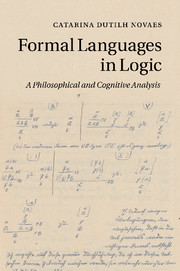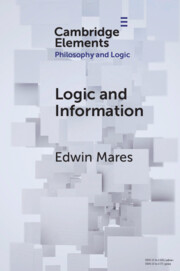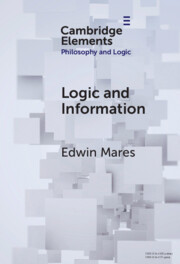Relevant Logic
The defining feature of relevant logic is that it forces the premises of an argument to be really used and thus become "relevant" in deriving its conclusion. This book introduces the reader to relevant logic and provides it with a philosophical interpretation. The logic is analyzed in the context of possible world semantics and situation semantics, which are then applied to provide an understanding of the various logical particles (especially implication and negation) and natural language conditionals. The book concludes by examining various applications of relevant logic.
- Offers a systematic account of the motivation, key features and applications of relevant logic
- Although written for a philosophical audience, should also be of interest to mathematical logicians and some computer scientists
- Contains a useful glossary
Product details
August 2007Paperback
9780521039253
240 pages
229 × 152 × 14 mm
0.366kg
Available
Table of Contents
- Preface
- Acknowledgements
- Part I. Relevant Logic and its Semantics:
- 1. What is relevant logic and why do we need it?
- 2. Possible worlds and beyond
- 3. Situating implication
- 4. Ontological interlude
- 5. Negation
- 6. Modality, entailment and quantification
- Part II. Conditionals:
- 7. Indicative conditionals
- 8. Counterfactuals
- Part III. Inference and its Applications:
- 9. The structure of deduction
- 10. Disjunctive syllogism
- 11. Putting relevant logic to work
- 12. Afterword
- Appendix A: the logic R
- Appendix B: Routley-Meyer semantics for R
- Glossary
- References
- Index.





